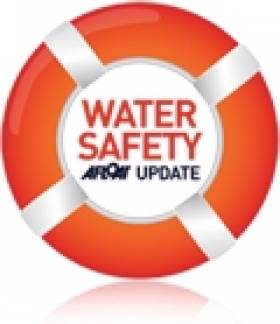Displaying items by tag: Eurovinyl
Updated List of Approved Liferafts for Small Fishing Vessels
The Department of Transport's latest marine notice adds two more classes of liferaft to those deemed acceptable for use on small fishing vessels that do not require SOLAS/MED approval.
The list of accepted four-person inflatable liferafts (all with SOLAS Pack) now includes the following: DSB; RFD Surviva; RFD Seasava; Viking DK; Zodiac; Eurovinyl ISO/DIS 9650; Sea-Safe ISO 9650-1 Group A Type 1; and Seago ISO 9650-1.
Vessels affected by this notice are those less than 40ft (12m) in length and carrying four or fewer persons.
























































